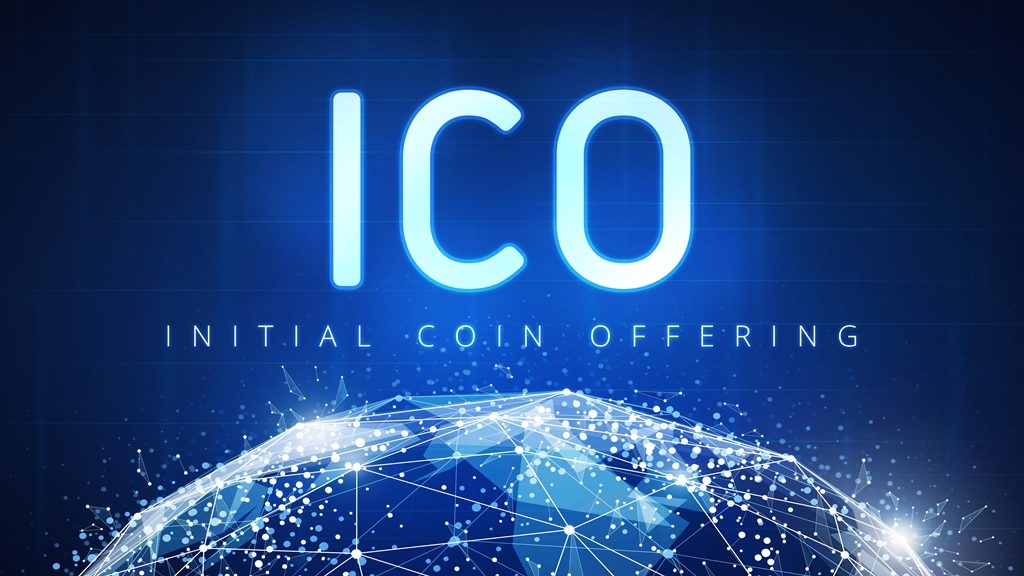In the rapidly evolving world of cryptocurrency and blockchain technology, Initial Coin Offerings (ICOs) and token sales have emerged as popular methods for startups and established companies to raise capital. These innovative fundraising mechanisms have transformed the financial landscape, offering new opportunities and challenges. This article delves into the intricacies of ICOs and token sales, exploring their benefits, risks, and regulatory considerations.
Understanding Initial Coin Offerings (ICOs)
An Initial Coin Offering (ICO) is a fundraising method used by blockchain-based projects to raise capital by issuing digital tokens. These tokens are typically sold to investors in exchange for established cryptocurrencies like Bitcoin (BTC) or Ethereum (ETH). ICOs are similar to Initial Public Offerings (IPOs) in traditional finance, but instead of shares in a company, investors receive tokens that may have utility within the project’s ecosystem or represent a stake in the project.

How ICOs Work
- Whitepaper Creation: The project team creates a detailed whitepaper outlining the project’s goals, technology, tokenomics, and roadmap.
- Token Development: The team develops the digital tokens on a blockchain platform, most commonly Ethereum, using standards like ERC-20.
- Marketing and Promotion: The project is promoted through various channels to attract potential investors.
- Pre-Sale and Public Sale: Tokens are sold to early investors at a discounted rate during the pre-sale, followed by a public sale where the remaining tokens are offered.
- Post-ICO: Funds raised are used to develop the project, with token holders potentially benefiting from the project’s success.
Advantages of ICOs
- Access to Capital: ICOs provide a relatively easy way for projects to raise significant amounts of capital quickly.
- Global Reach: ICOs can attract investors from around the world, providing access to a broader pool of potential backers.
- Innovation Encouragement: By lowering the barriers to entry, ICOs encourage innovation and the development of new technologies.
Risks and Challenges
- Regulatory Uncertainty: The regulatory environment for ICOs is still evolving, with different countries having varying levels of oversight and regulation.
- Scams and Fraud: The ICO space has been plagued by fraudulent projects, leading to significant losses for investors.
- Market Volatility: The value of tokens can be highly volatile, influenced by market sentiment and the project’s progress.
Understanding Token Sales
Token sales, sometimes used interchangeably with ICOs, refer to the broader practice of selling digital tokens to raise funds. While ICOs are a specific type of token sale primarily used by new projects, token sales can also include other forms like Security Token Offerings (STOs) and Initial Exchange Offerings (IEOs).
Security Token Offerings (STOs)
Security Token Offerings (STOs) are regulated token sales where the tokens represent ownership in an asset or company and are subject to securities regulations. STOs offer greater legal protection for investors compared to ICOs but come with more stringent regulatory requirements.
Initial Exchange Offerings (IEOs)
Initial Exchange Offerings (IEOs) are conducted through cryptocurrency exchanges, which act as intermediaries between the project and investors. IEOs offer a level of trust and security since the exchange typically vets the project before listing the tokens for sale.
Advantages of Token Sales
- Regulatory Compliance: STOs and IEOs offer more regulatory oversight, providing greater security for investors.
- Trust and Credibility: Token sales conducted through reputable exchanges or under regulatory frameworks enhance trust and credibility.
- Liquidity: Tokens can often be traded on secondary markets, providing liquidity for investors.
Risks and Challenges
- Regulatory Hurdles: Navigating the complex regulatory landscape can be challenging and costly for projects.
- Market Competition: The increasing number of token sales makes it harder for projects to stand out and attract investment.
- Technical Risks: Issues with smart contracts or platform security can pose significant risks to token sales.
Regulatory Considerations
The regulatory environment for ICOs and token sales varies significantly across jurisdictions. While some countries embrace these fundraising methods with clear guidelines, others impose strict regulations or outright bans. Key regulatory considerations include:
- Securities Law Compliance: Determining whether a token constitutes a security and complying with relevant securities laws.
- Anti-Money Laundering (AML) and Know Your Customer (KYC) Requirements: Implementing AML and KYC measures to prevent illicit activities.
- Consumer Protection: Ensuring transparency and fair practices to protect investors from fraud and misrepresentation.
Initial Coin Offerings (ICOs) and token sales have revolutionized the way projects raise capital in the digital age. While they offer significant opportunities for innovation and investment, they also come with substantial risks and regulatory challenges. As the industry matures, increased regulatory clarity and best practices will likely enhance the legitimacy and security of these fundraising methods, paving the way for a more robust and trustworthy ecosystem.